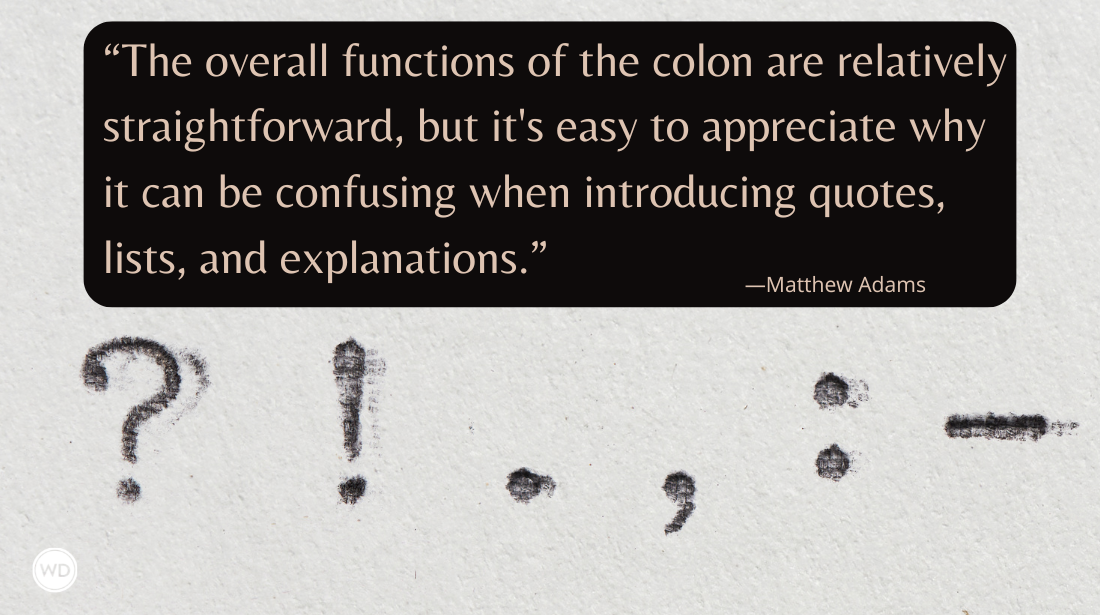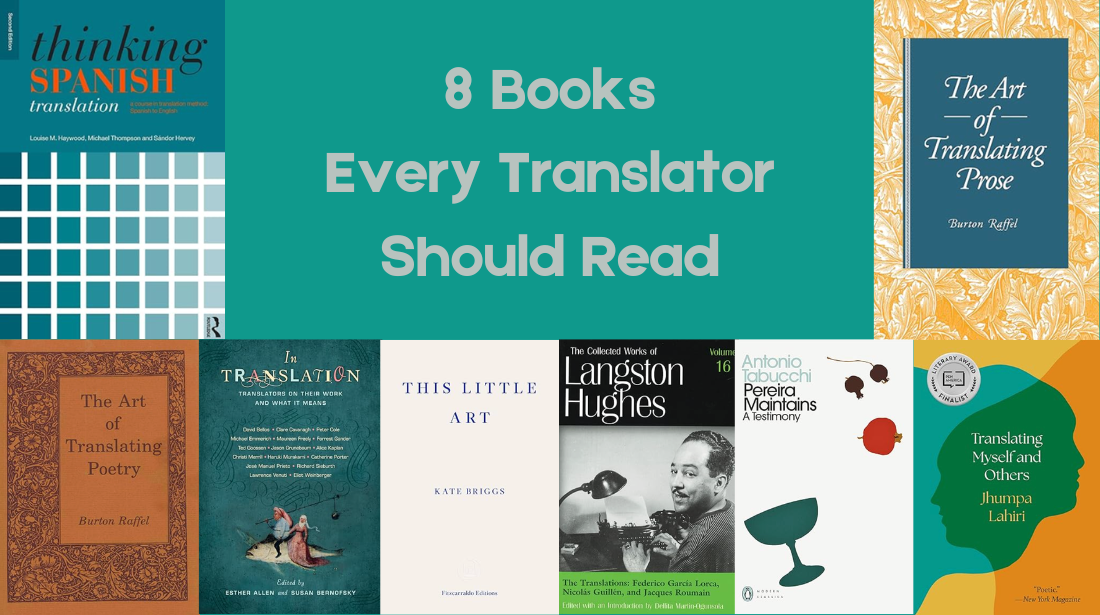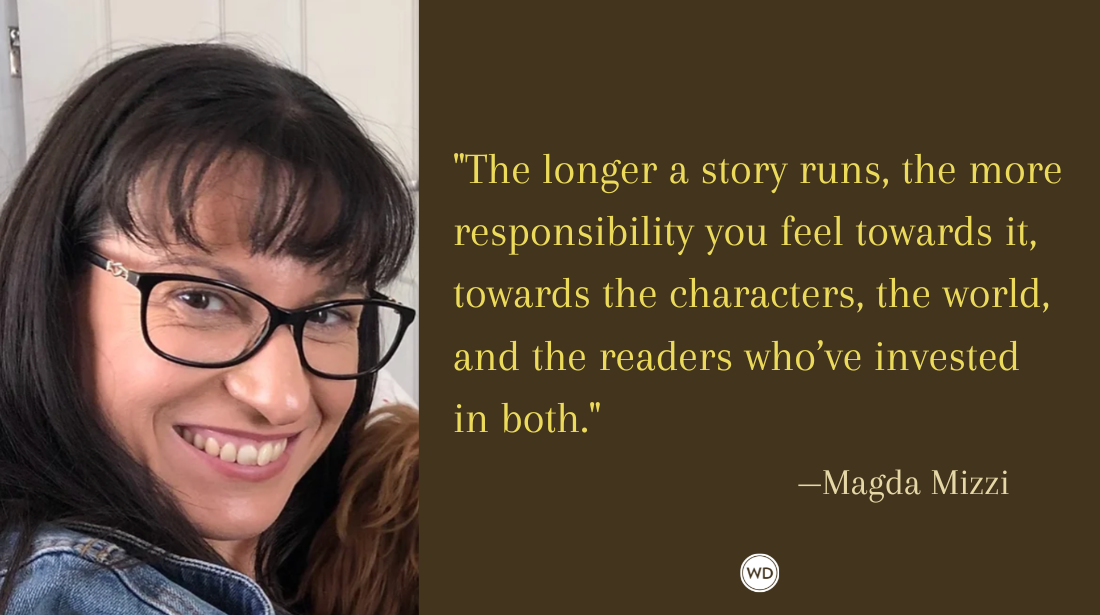Jeannine A. Cook: Love Pushed Me Through the Publishing Process
In this interview, author Jeannine A. Cook discusses foraying into fiction with her debut novel, It’s Me They Follow.
Jeannine A. Cook is the founder and owner of three avant-garde bookshop concepts, Harriett’s in Philadelphia; Ida’s in South Jersey; and Josephine’s, a literary installation in Paris. She holds an MFA from Drexel University. Follow her on X (Twitter) and Instagram.
In this interview, Jeannine discusses foraying into fiction with her debut magical realism novel, It’s Me They Follow, her hope for readers, and more.
Name: Jeannine A. Cook
Literary agent: Marie Brown
Book title: It’s Me They Follow
Publisher: Amistad/Harper Collins
Release date: September 23, 2025
Genre/category: Magical realism, allegorical fiction
Previous titles: Conversations With Harriett
Elevator pitch: An allegorical love story—a modern-day Alchemist meets The NeverEnding Story—set in a world where a Philadelphia books shopkeeper becomes a reluctant matchmaker, bringing soulmates together through books. However, with her fear of being touched, she questions whether she can ever find a happy ending for herself. The novel is set in my actual bookshop, and it seamlessly blends fact and fiction.
What prompted you to write this book?
It’s a funny story. I sought to sell a memoir about my journey to opening our bookshops because it felt magical even though it was real—having opened just six weeks before the pandemic; having Oprah shout us out for building a bookshop on the corner during the pandemic that was grab-and-go honor system; having Will Smith, Isabel Wilkerson, and Michelle Obama launch with us; having a six-part series on MSNBC; surviving a pandemic by delivering books on horseback; opening additional shops Ida’s in South Jersey and Josephine’s in Paris. It just felt unreal. But the publisher said, “Yes, and what if you also write a love story, perhaps a series of love stories, that blur the lines between fact and fiction, and they are all set in your real-life bookshops?”
I was like, “Huh?!”
My agent said, “Just say yes!” She told me I could do it. And I did. I’d never written much fiction before this. I wrote creative nonfiction, but creating a magical world within a real world drew me in, and creating a book about a bookshop was simple to me because I live in that universe. And writing about Philadelphia was just a no brainer with all of our history and music and culture. All of it allowed my imagination to run wild.
How long did it take to go from idea to publication? And did the idea change during the process?
We completed the contract process in the summer of 2024, and I finished the first draft in November 2024. The story takes place over the course of 30 days. Shortly after I got the contract, I went to Virginia hoping to write in the quiet of my grandmother’s back room and while I was visiting her, my father who lived just a few miles away fell ill and eventually passed away. It was all so surreal because I thought I was going down there to write, but I had other business to adhere to. For almost my entire life my father has been telling me to write books, and I said, “Yea, yea, Dad. I will.” But as he quietly transitioned, answering the call felt ever more necessary. The only thing I could do to process my grief was to write. I think those deep wells of emotion can be felt in the novel as well as the levity of my relationship with my father. One big change was originally there was a father in the book who was sick, and I just couldn’t go there any longer. So, I had to pivot.
Were there any surprises or learning moments in the publishing process for this title?
Yes, so many. I was surprised by Abby, my editor, because one day I tweeted “I am ready for an agent” and she responded, "When you get one let me know so we can sit down and talk to you about coming to Amistad/Harper Collins." And she did just that. All from a tweet. Then someone else saw that tweet and said, “Hey, I want to introduce you to someone who will be far more than your agent.” That person was Marie Brown, and I sent her my pages and asked her to tell me if she’d take me as a client in five days. (Ha!) I had saved an article about Marie in my notes years ago because I was so inspired by what I read about her. When I wrote to her, I sent her her own quote from that article: “I have learned to honor the fact that I’ve been given this responsibility, and I just have to stay the course. And the strength that comes from staying the course is amazing. You don’t know it until you do it.” I told her we were meant to be and that five days was the longest I could hold my breath waiting for a response. She laughed at my gumption, I am sure.
I think having so much support from my agent Marie Brown is like having a grandmother, an agent, and a best friend all in one. She's been in the industry longer than my parents have been alive, so she makes me feel safe. She said she took me on "for continuity of the literary tradition,” and that means so much to me—to be a part of a legacy like hers. Sometimes she just calls me to tell me to go have a coffee and take a walk. She says that is a part of the writing process too. I love asking her a million questions about publishing and books and writing and art and culture. She is a library. And she has been essential in every phase of this process because not only is she my agent, but she was also a beautiful editor, and she was also once a bookstore shopkeeper like me. In the article I referenced, she talks about Harriett Tubman, who my shop is named for. And the final magical synchronicity for us is that she is also from Philadelphia and was raised in Hampton, Virginia, just like me—so we are soulmates.
And for this literary team to wrap themselves around me the way they did when my father passed away was uncanny.
Love pushed me through the publishing process, and I have a second book to complete, that original memoir I sought to sell. Who knows where it will take me, but I am much more confident because I know regardless, I am equipped with plenty of love, and love is the most powerful force.
Were there any surprises in the writing process for this book?
I was surprised, first, that I could do it at all. I remember telling the director of my Drexel MFA program, Nomi, that I could never write more than five pages. I usually wrote short creative nonfiction essays. So, she would sit with me weekly so I could add more pages—like, literally babysat me as I wrote—and that love, attentiveness, and care really worked for me. I think I just needed constant reassurance that I could do it to boost my confidence, my self-esteem, and my stamina.
I was also surprised by all the clues and easter eggs I organically inserted into the story, and that I could genre bend and have so much fun in the writing while making all the threads connect.
What do you hope readers will get out of your book?
I hope it will feel fun and freeing. I hope it will feel fresh and innovative, and that it breaks rules of convention, inviting newness, sparking conversation, and giving others the confidence to imagine new possibility, whatever their industry.
If you could share one piece of advice with other writers, what would it be?
Shut up and write! I’m being cheeky. That was the alternate name of my forthcoming memoir (which is actually titled Shut Up and Read) on the power of writing in communal silence.








